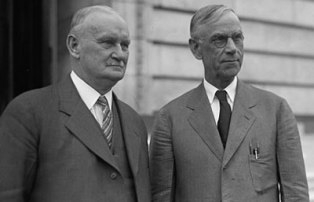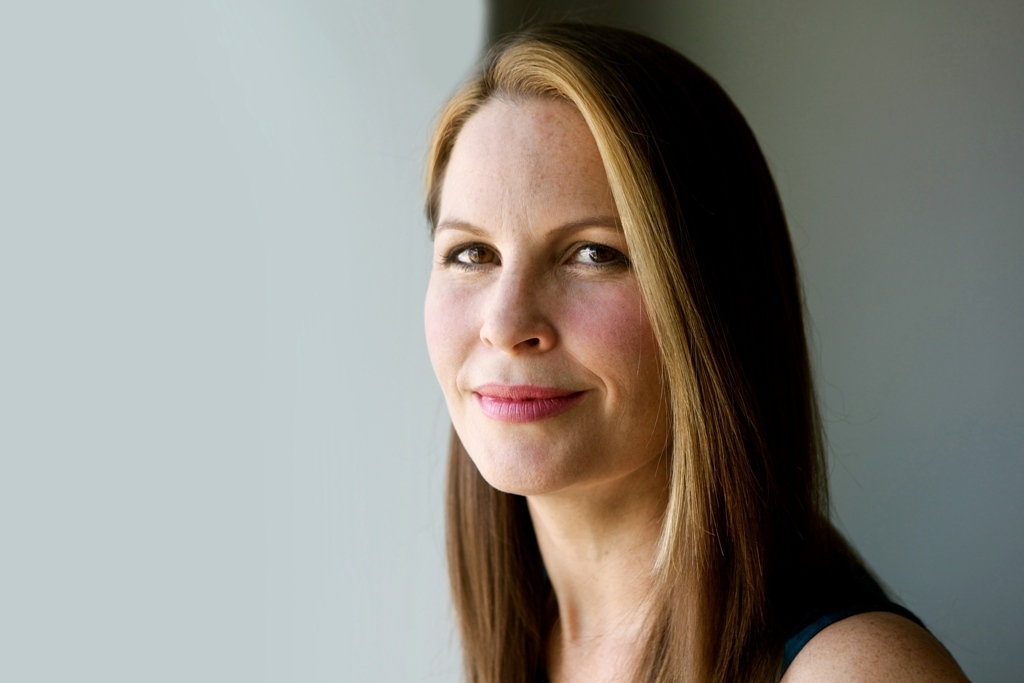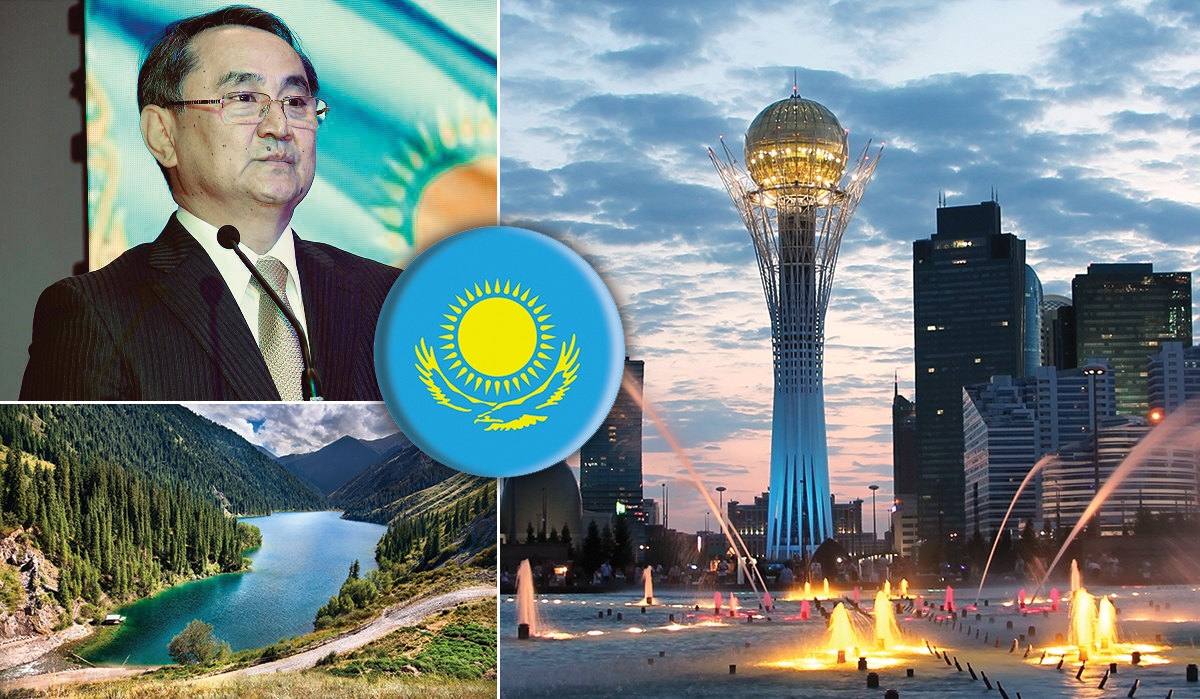
Kazakhstan: 25 years of the constitutional solidarity and development
By Akylbek Kamaldinov, Ambassador of Kazakhstan to Canada (pictured above)
On August 30, the Constitution of Kazakhstan turns twenty-five years old since it was adopted in 1995 at a republican referendum. Despite its comparable young age, the Constitution of Kazakhstan, incorporating the best world experience and practice, as well as historical and national traditions, serves as a solid foundation for the unity of the people and the independence of our state.
The Constitution made it possible to solve the main task of the transition period – to ensure the formation of a new subject of international relations – Kazakhstan – exclusively within the legal framework. During this challenging formation period, the country managed to avoid armed conflicts that took place in other countries. The progressive legal principles laid down in the text of the Constitution ensured a smooth transition of the country to an independent path of development.
The constitution of Kazakhstan has played the significant role for country’s development over the past twenty-five years.
First of all, the adoption of the Constitution laid the foundation for the start of large-scale economic reforms. The norms on the inviolability of private property laid down in the constitution served as the starting point for economic development, the emergence of small and medium-sized businesses, and the appearance of a middle class. Developing these norms, Kazakhstan followed the path "first the economy, and then politics" formulated at that time by the First President of Kazakhstan – Elbasy Nursultan Nazarbayev.
The Strategy for the Development of Kazakhstan 2030 was implemented ahead of schedule. A lot of work was done to industrialize and modernize Kazakhstan's industry, agriculture, and transport infrastructure.
The peaceful, multi-vector and balanced foreign policy formulated by the state leadership and supported by the provisions of the Constitution allowed Kazakhstan to contribute to the strengthening of the non-proliferation and disarmament regime, create a nuclear-weapon-free zone in Central Asia, and become a non-permanent member of the UN Security Council in 2017-2018. Recognition of Kazakhstan's leadership in the field of nonproliferation was the announcement by the UN General Assembly of August 29 as the International Day against Nuclear Tests.
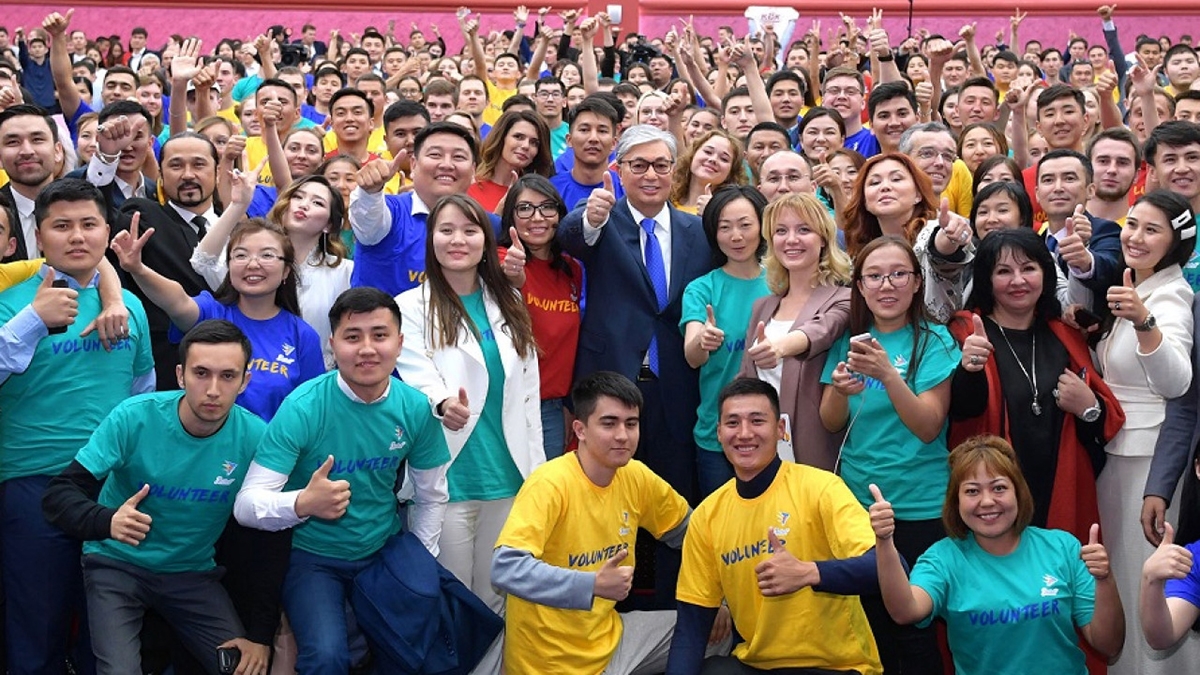
Reforms carried out over the last twenty-five years affected all spheres of life in Kazakhstani society. The world community has recognized the high achievements of our country. Kazakhstan was officially recognized as a country with a market economy and an average income of the population.
We have seen how the constitution, while remaining true to its guiding values, evolved as our society developed.
Constitutional reforms aimed to decentralize power and strengthen the role of Parliament created a legal basis for the peaceful transfer of power in Kazakhstan in 2019. All political changes associated with the coming to power of President Kassym-Zhomart Tokayev in Kazakhstan were carried out in strict accordance with the norms of the Constitution, and, in essence, are a logical continuation of the modernization of public consciousness. It is important to note that the international community recognized the presidential elections held in Kazakhstan in June 2019 as transparent and fair.
After taking office, President Kassym-Jomart Tokayev began building a new political culture of pluralism of opinions through constructive dialogue. One of his first decisions was the establishment of a National Council of Public Confidence under the President of the Republic, as a mechanism for an open and constructive dialogue between the state and society. Today we see that the National Council lives up to public trust.
Since the end of May this year in Kazakhstan, a major package of political reforms is being implemented, developed at meetings of the National Council of Public Trust. These reforms open a new stage in the consistent liberalization of the socio-political life of Kazakhstan, affect the further development of the basic institutions of democracy – the right of citizens to peaceful assembly, the organization of elections and the activities of political parties.
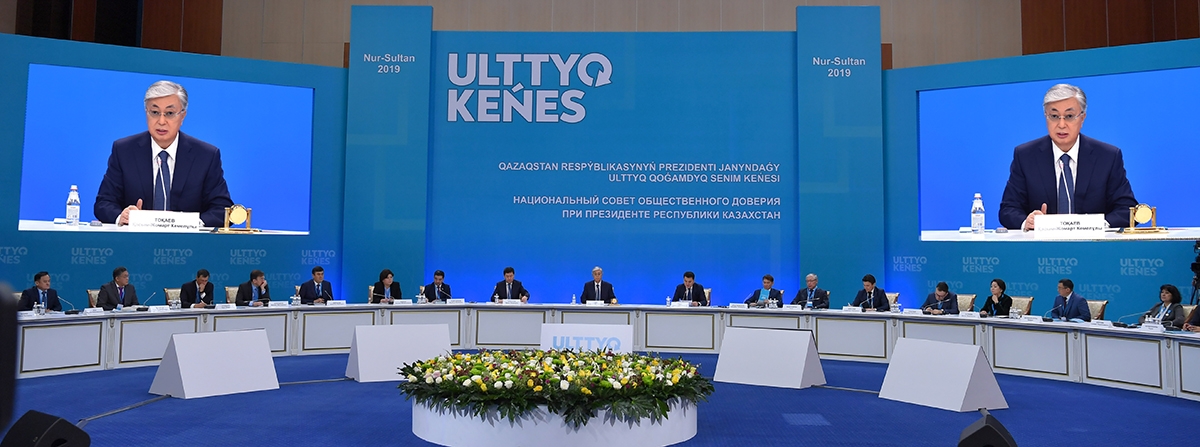
Thus, the large-scale political transformations launched by President Tokayev are a logical continuation of the institutional reforms initiated by country’s previous leadership and part of succession policy conducted by the new Head of State. For 25 years, the provisions of the Constitution have allowed Kazakhstan to constantly move forward, strengthen democracy and increase public confidence in the authorities. The progressive potential of the Constitution continues to serve as a solid foundation for the rule of law’s implementation in Kazakhstan, its framework also allows a formation of a new political culture of opinions’ pluralism through a constructive dialogue between the state and society.
Photos: (c) akorda.kz

